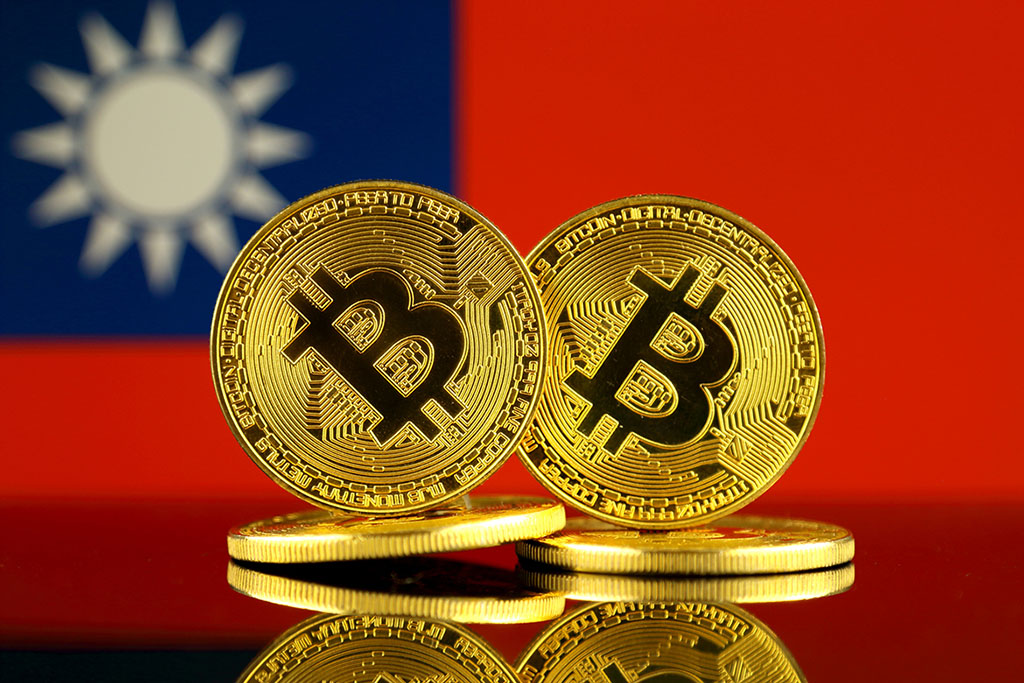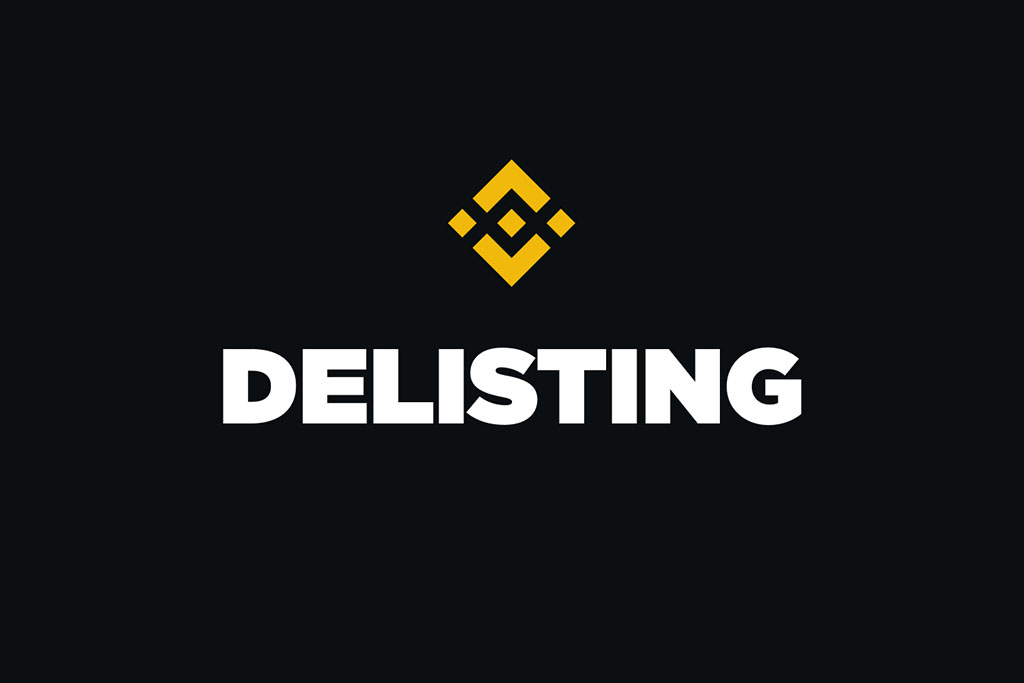ARTICLE AD
Many community members lost interest in the Solana network as it battled multiple occurrences of congestion in the last couple of months. This caused several transactions including 75% of all non-vote transactions on the blockchain to fail.
After several weeks of network congestion, Solana is now functioning properly again as its issue has finally been resolved and block time has returned to 2 seconds.
Having the block production return to normal is a huge milestone for Solana considering the setbacks it has experienced. The transaction confirmation time has also reduced drastically to less than two seconds. This breakthrough is a result of intense technical amendment, refinement and enhancement from the Solana developer team.
Boost in Solana Block Time: Solving Congestion Woes
The Solana team has tried different approaches to solve the network congestion issues. Earlier this month, Austin Federa, Head of Strategy for Solana Foundation confirmed the contribution from multiple developers to solve the congestion menace plaguing the network.
A few weeks back, Anza, the developer of one of Solana’s Agave validator clients announced the release of a solution patch to alleviate the network’s congestion difficulties.
Anza’s proposed solution involved a new version v1.18.11 on devnet of which Solana testnet validators were encouraged to install and analyze to check its effectiveness. Unfortunately, that did not seem to solve the congestion problem. Then came another upgrade to version 1.17.31, which facilitates transactions from staked validators through a new feature called Stake Weighted Quality of Service (SWQOS).
According to Tim Garcia, the Validator Relations Lead at the Solana Foundation, SWQOS is expected to prioritize certain data transmissions or connections for enhanced reliability and performance. The recurrence of the network congestion was a clear indication that none of these solutions were enough to address Solana’s issue.
Looking at how several of the proposed solutions failed to cater to the challenges, it is not yet certain how long the current solution will last for.
However, it is key to re-establishing Solana’s position as the network with the capacity to handle thousands of TPS. The unfortunate situation on its network impacted scalability, and its user experience, therefore, this is a major turning point for the blockchain. With a transaction rate of 2700 TPS, Solana is likely to become more attractive to new projects.
Solana Congestion Forced Many Projects to Halt Launching
Many community members lost interest in the Solana network as it battled multiple occurrences of congestion in the last couple of months. This caused several transactions including 75% of all non-vote transactions on the blockchain to fail. At the time, the developer team suspected that the transaction failure was due to a major surge in the volume of transactions contributed by an ongoing memecoin craze.
Many users took to the X app to voice their frustration on the deteriorating experience. In the long run, the Solana team was compelled to put a hold on the launch of several projects as they promised to proffer a lasting solution to the network congestion.
Suit Up, a Non-fungible Token (NFT) project, and Surge Finance, made the decision to wait until “conditions improve enough for transactions to succeed.”

 7 months ago
28
7 months ago
28 

